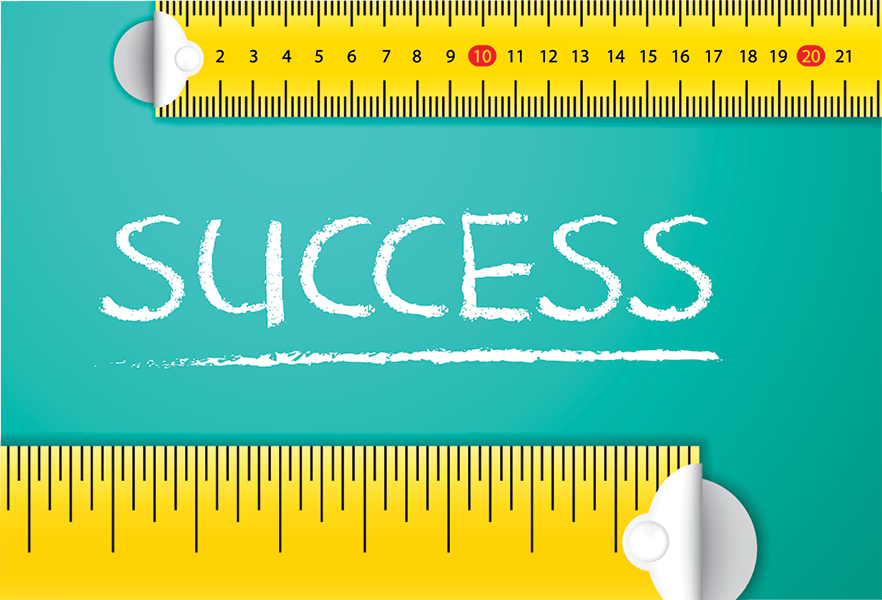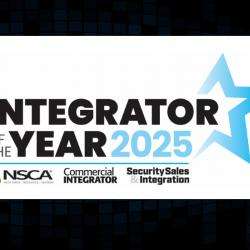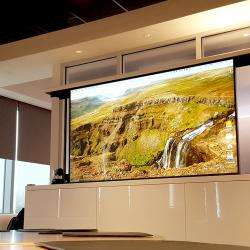Event Tips from 4 Association Planners

I recently spoke with professional association event planners about how they achieve successful meetings. The four planners interviewed are:
- BreAnne Clark - Meeting & Exhibit Manager at Association Headquarters Front Row Meetings and Events Division*
- Kristin Howard - Senior Manager, Meetings & Exhibits at AACR
- Eva Leos - Senior Event Coordinator at Fiatech
- Christy Myers - Senior Meeting Planner at Association Headquarters Front Row Meetings and Events Division*
How to learn the things you didn’t know you didn’t know?
You might know if you’re not good at calculus, but what about the information you don’t even realize exists?
Kristin Howard, Senior Manager Meetings & Exhibits at AACR, talks about the advantage of visiting other organizations’ events: “I was doing a site a few months ago and just seeing different ways other associations are doing signage. It sounds silly, but they had great signage.” As a result she plans to implement similar ideas for an upcoming meeting.
BreAnne Clark, Meeting & Exhibit Manager at Association Headquarters, recommends absorbing more than your current role requires: “Maybe the group you're working on now doesn’t have a special event… an evening party or exhibits or things like that. But you never know when that's going to change. They might start doing something new or different and this way you're ahead of the game and you'll have that knowledge ready to share”
“A lot of times event planners don't realize there's a technology already created for that”, says Eva Leos, Senior Event Coordinator at Fiatech. You may be reinventing the wheel and one way to find out is using vendors to your full advantage. “When you work with your vendor, whoever that is, whether it's an app vendor or an audio visual vendor, food & beverage, carpet, flowers, it really helps spark ideas and that creativity can elevate the meeting to an entirely other level.”
How to use time efficiently?
Christy Myers, Senior Meeting Planner at Association Headquarters, talks about whenever new information comes in: “I don't waste time, I immediately share it.” She explains, “if the vendor knows what I know then there's nothing missed.”
Clark recommends “being proactive and setting timelines and deadlines as early as possible in the planning process.” She suggests planners “not just set them and leave them there but to continually self-monitor to keep yourself on track.”
All of the planners we interviewed talked about the benefits of technology. At association management or similarly large organizations, they may use project management software. However Leos pointed out that budget can be a limitation for some groups. She recommended “maximization of technology.” “Outlook for instance has a great capacity to make sure that you do what you need to do,” but not everyone uses all of the features.
Howard suggested ways that industry peers can increase efficiency. “There are bunch of meeting forums that I participate in online. I had a question yesterday about multiple year contracts with hotel venues.” No one in the office had a specific answer so she put it out to the meeting forum. “I got 15 answers, a ton of answers within half an hour.”
How to measure an event’s success?
 “Show me the money.” says Leos. “How successful were you at staying under budget? How successful were you at filling the expectations of your stakeholders across the board in a way that was unique and different while still generating money?” Naturally the bottom line was important to all the planners we talked to.
“Show me the money.” says Leos. “How successful were you at staying under budget? How successful were you at filling the expectations of your stakeholders across the board in a way that was unique and different while still generating money?” Naturally the bottom line was important to all the planners we talked to.
Clark noted “We get a lot of feedback from attendee evaluations as well because you may have thought it went a certain way and once you read through things you get different feedback”. Evaluations are a good way to get a more objective impression of attendee experience.
But there’s also value in personal observation: “I walk to make sure that what they’re seeing is what I think they should see” says Myers about patrolling the event space and putting herself in the attendee’s shoes. “The hugs that we receive, pats on the back, what a great job you did” are an immediate measure of how things are going.
How to evaluate audio visual partners?
“I think the most important issue with any vendor is constant communication. You never want to hear about something an hour after it happens.” says Howard. All of the planners talked about the importance of a strong relationship and trust. “It's not always about the lowest cost,” noted Clark.
Leos expanded on another dimension of that relationship in finding partners who practice the “actual art of listening”. Hearing what is actually needed and providing a fitting proposal, rather than just quoting what’s in the warehouse or the standard set.
Myers wants to make sure “all of the questions that we asked have been covered and that they followed the instructions.” When a partner follows instructions and does what they say they will in advance, it’s a good sign they’ll do the same the day of the meeting.
Interviews conducted and article written by Greg Kamprath
* Two of the planners we interviewed work for AH, a professional services firm that specializes in helping non-profit organizations achieve their mission, create value and advance their causes, industries and professions. The Mt. Laurel – based company is composed of four main divisions within AH; a full-service association management company (AMC); a marketing and communications agency; a meetings & events management team; and a division that focuses on other custom solutions such as strategic planning, website builds and database integrations, accounting, recruitment, public affairs and lobbying, certification management, and growing non-dues revenue. AH maintains AMC Institute Charter Accreditation status. The AMC Institute Accreditation program is based on an ANSI Standard. As named by the Customer Service Institute of America (CSIA), AH is a Gold Certified Customer Service Organization. For more information, visit www.AHredchair.com, connect with AH on Facebook on youtube.com and follow @AHredchair on Twitter.
Share This Article
Categories
Latest Posts

IMS Closes Out 2025 with Major Industry Awards, Looks Ahead to 2026

Philadelphia 2026: Is Your Venue Ready for the Spotlight?

Scalable AV Infrastructure for Life Science Enterprises

Extend Your Reach: The Power of Virtual and Hybrid Events

IMS Wins Award for 5th Consecutive Year
Tags
Contact Us
- Headquarters: 3055 MCCANN FARM DRIVE, GARNET VALLEY, PA 19060
- Event Staging: 2000 COLUMBIA AVENUE, SUITE 300, LINWOOD, PA 19061
- Southeast Office: 404 SUNPORT LANE, SUITE 350, ORLANDO, FL 32809
- Phone: + 610-361-1870
- Contact Us
Services
Recent Posts

IMS Closes Out 2025 with Major Industry Awards, Looks Ahead to 2026

